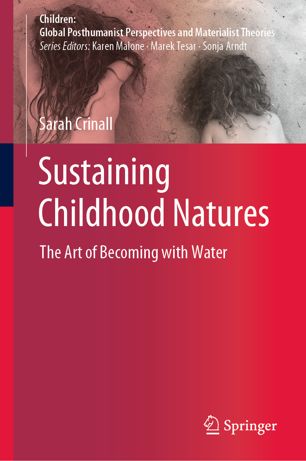

Most ebook files are in PDF format, so you can easily read them using various software such as Foxit Reader or directly on the Google Chrome browser.
Some ebook files are released by publishers in other formats such as .awz, .mobi, .epub, .fb2, etc. You may need to install specific software to read these formats on mobile/PC, such as Calibre.
Please read the tutorial at this link: https://ebookbell.com/faq
We offer FREE conversion to the popular formats you request; however, this may take some time. Therefore, right after payment, please email us, and we will try to provide the service as quickly as possible.
For some exceptional file formats or broken links (if any), please refrain from opening any disputes. Instead, email us first, and we will try to assist within a maximum of 6 hours.
EbookBell Team

4.0
66 reviewsThis book examines sustainability learning with children, art and water in the new material, posthuman turn. A query into how we might sustain (our) childhood natures, the spaces between bodies and places are examined ontologically in daily conversations. Regarding philosophy, art, water and her children, the author asks, how can I sustain waterways if I am not sustaining myself?Theoretically disruptive and playful, the book introduces a new philosophy that combines existing philosophies of the new material and posthuman kind. The ecological sciences, and the arts, are drawn together / apart to help recognize sustainability in its emergent, relational form. All the while this book, as art, engages and flows over the reader – as such, reading it becomes a transformative, meditative experience. Daily rhythms of ‘being-with’ art, water and children take the reader beyond orientations of environmental education that focus on notions of lack and reduction. New possibilities for sustaining childhood natures – for what is becoming, and unbecoming – emerge here in the making processes of an academic, everyday life in early motherhood.